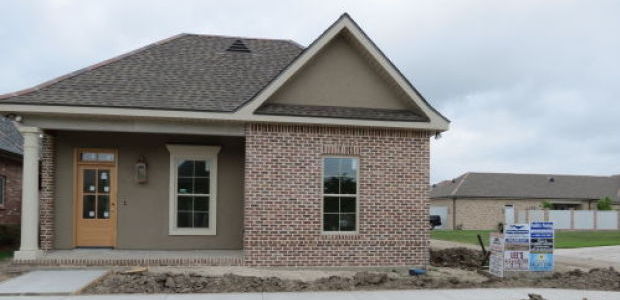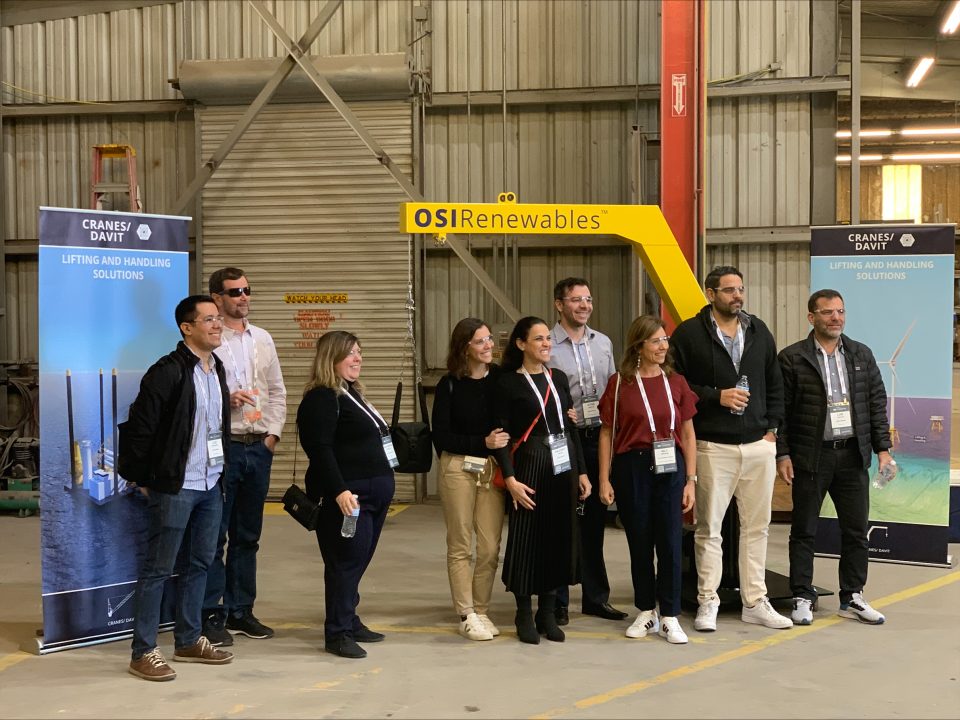
Redmond wins Fakier Open after 8-hole playoff
April 29, 2014Fixed or adjustable rate mortgage
April 29, 2014Making minor improvements around the house became easier last week for Terrebonne Parish residents when the council approved an ordinance to simplify parts of the Consolidated Building Code.
Amendments to the code minimize the permitting requirements for non-structural work on residential properties, simplify the permit application process and reduce certain permit fees.
Geoffrey Large, assistant director of planning and zoning and parish building code administrator, said the adjustments to the code are in compliance with the State Uniform Construction Code and are part of a public safety initiative.
Under the previous code, it was not difficult for people to obtain permits, however it was complicated for residents to understand which permits were required for their projects, Large said.
“If you have to make fewer decisions about the type of permit you need, the less room for error,” he said.
With the approved ordinance, residents no longer have to obtain permits for restoration projects or cosmetic improvements to their homes as long as the structural integrity of the building is not affected and the cost does not exceed $2,500.
The preceding code encompassed improvements to cabinets and countertops, as well as painting, tiling and carpeting. Last week’s ordinance added vinyl siding to the list of cosmetic repairs.
Despite the amendments, if there are changes to the electrical or gas components of the structure, homeowners are required to seek a permit.
“Even if it is less than $2,500, that is both a public safety and fire issue and we still need to continue inspection on those to make sure they are corrected,” Large said. “Not only to protect the occupants of that house but also adjacent properties that may be impacted.”
Windows and doors are considered as part of a building’s envelope, and because of wind zone requirements, permits are required regardless of cost to ensure those replacements meet the correct wind resistance.
For the construction of detached accessory structures such as storage sheds or detached garages with one or more walls, the code continues to charge 23 cents per square foot with a minimum fee of $75. The ordinance implements a maximum of $500 for the square footage fee.
“When we developed this code in 2010, we had in mind things like storage sheds, detached double garages, but in this part of the world we have people who build fairly big accessory structures,” Large said, describing them as “adult toy sheds.”
The permit process for the construction of accessory structures without walls such as pavilions was also simplified by the ordinance. To reduce the administrative and financial burden, the square footage fee was removed, and anything 500 square feet or less warrants a $75 flat rate, while any structure greater than 500 square feet warrants a $200 flat fee.
“The cost of doing inspection work on these gets out of proportion very quickly if we don’t split the definition of those detached structures,” Large said.
Another part of the ordinance established a new permit for aluminum patio covers separate from accessory structures, which reduced the permitting costs to a flat fee of $75.
As hurricane season approaches and the demand for generators increases, the ordinance provides relief for residents who install whole house generators by offering one permit for $200.
“Previously people had to get a number of different permits when installing whole house generators,” Large said, mentioning the previous involvement, electrical and gas permit requirements. “It would cost a lot more with multiple permits and multiple fees. It simplifies it all the way around for the contractors, for the homeowners and for us.”
For homeowners installing swimming pools, the ordinance establishes a permit fee of $200, with no effect on pools smaller than 445 square feet in surface area, while reducing the cost of pools larger than those dimensions.
Anyone performing work on structures in a flood zone is required to apply for a final elevation certificate. Large said this process is not affiliated with building code inspections, but instead helps residents remain in compliance with the Parish Flood Damage Prevention Ordinance and federal regulations.
The ordinance was approved by all council members present at the meeting. Councilman John Navy was absent.
Councilwoman Beryl Amedee considers the reduction in permit requirements and fees a “victory” for the residents of Terrebonne Parish.
“Over the years, it seems that the number of permits required to do almost anything at your home have grown to what might seem like ridiculous levels,” she said. “The permits seem like a burden for people who just want to do some home improvements on their property.”
While few people in her district have contacted her about permitting concerns, Amedee and Large agree the best advice for residents is to check with the permit department before beginning construction.
Large said many people often rely on advice from their neighbors, but he emphasized the importance of learning about permit regulations and hiring knowledgeable contractors.
“The more we can simplify the code, the more people will come to understand that we are here for their protection and the protection of anyone else who comes into contact with their property,” he said.
A home in Houma’s Sugar Mill Olde Town Neighborhood off of St. Charles Street and Valhi Boulevard shows the progress of construction with newly installed windows and doors. An ordinance passed by the Terrebonne Parish Council lessens permit requirements and fees for certain cosmetic repairs. Permits are still required for new construction projects, but are not of necessity if home repairs are less than $2,500 and do not affect the structure of the residence.











